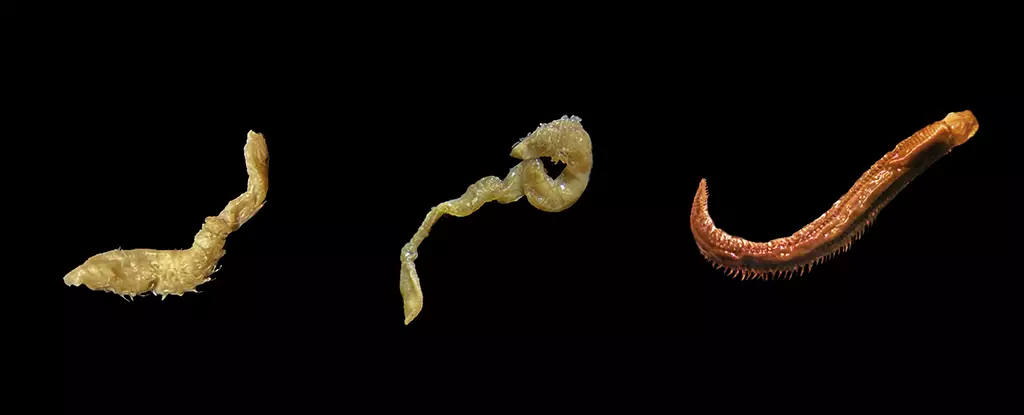The harsh environment of Antarctica poses numerous challenges for the creatures that call it home. In a recent study conducted by researchers from various institutions in Italy, it was discovered that some marine worms have found a unique way to survive in the freezing waters of Antarctica. These worms have formed a symbiotic relationship with bacteria that produce natural antifreeze substances to protect them from the icy temperatures.
The bacteria, Meiothermus and Anoxybacillus, live inside the worms and secrete proteins that help lower the freezing point of their internal liquids. This prevents ice from forming within their cells, similar to the way antifreeze works in liquids. Without this symbiotic relationship, these worms would not be able to survive in the extremely cold waters of Antarctica.
This groundbreaking research sheds light on the intricate relationships between marine organisms and the microbes they depend on for survival. The study suggests that these symbiotic relationships have been going on for generations, helping these species establish themselves in the harsh environment of Antarctica. The findings also have implications for cryopreservation research, as they could provide insights into how cells can be preserved and kept alive in freezing temperatures.
The delicate balance of marine life in Antarctica is continuously threatened by increasing temperatures and other environmental factors. Understanding the mechanisms of adaptation and cryo-resistance in marine invertebrates mediated by associated bacteria is crucial for preserving the fragile ecosystem of Antarctica. The findings of this study open up new perspectives on how these organisms have evolved to survive in such extreme conditions.
The relationship between marine worms and bacteria in Antarctica is a fascinating example of the ways in which organisms adapt to their environment. By forming symbiotic relationships with bacteria that produce natural antifreeze substances, these worms have found a way to thrive in the freezing waters of Antarctica. The implications of this research go beyond understanding the survival mechanisms of these organisms and provide valuable insights into the delicate balance of marine life in Antarctica. More research will be needed to fully understand the extent of these symbiotic relationships and their long-term effects on the ecosystem.



Leave a Reply